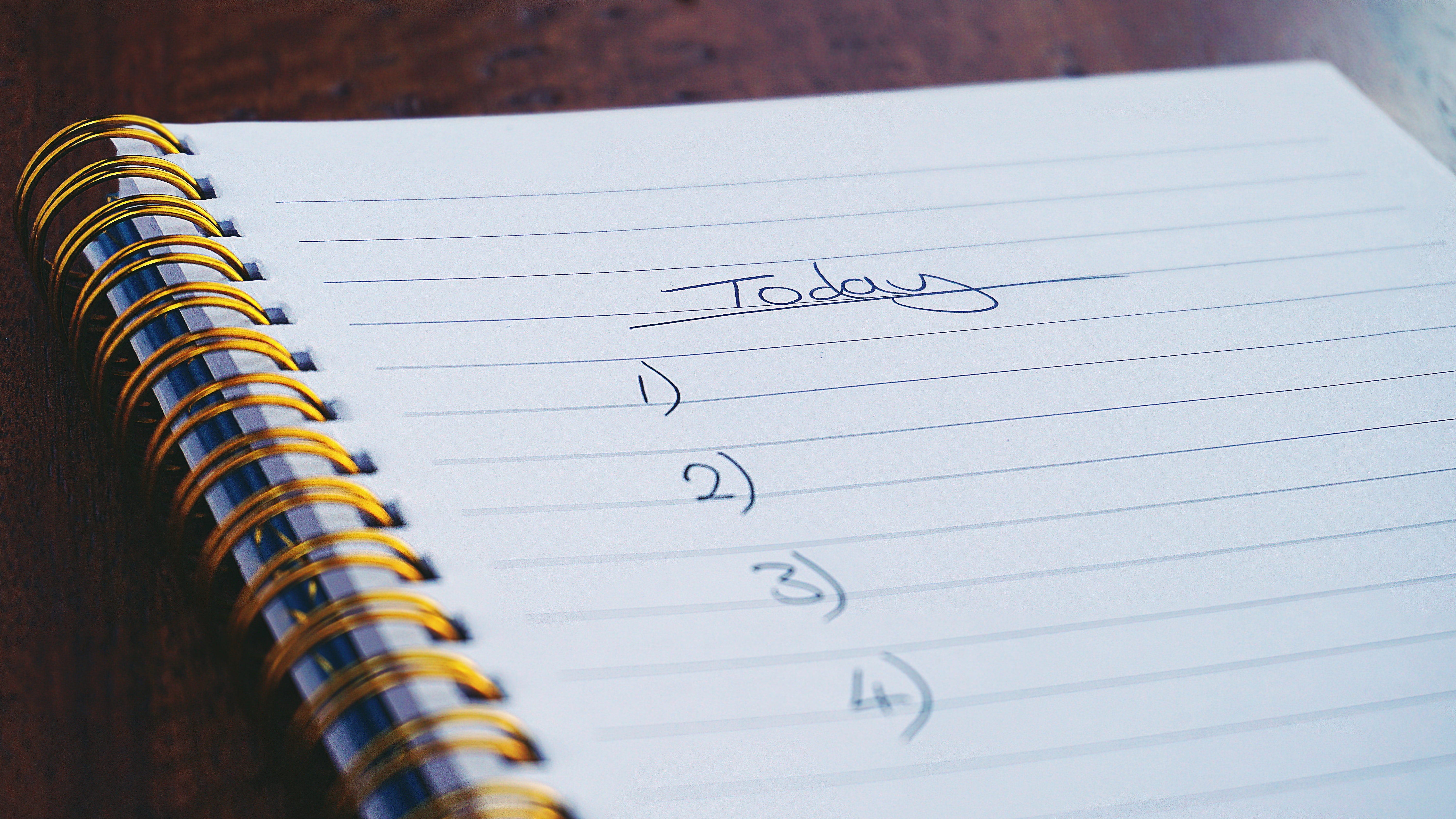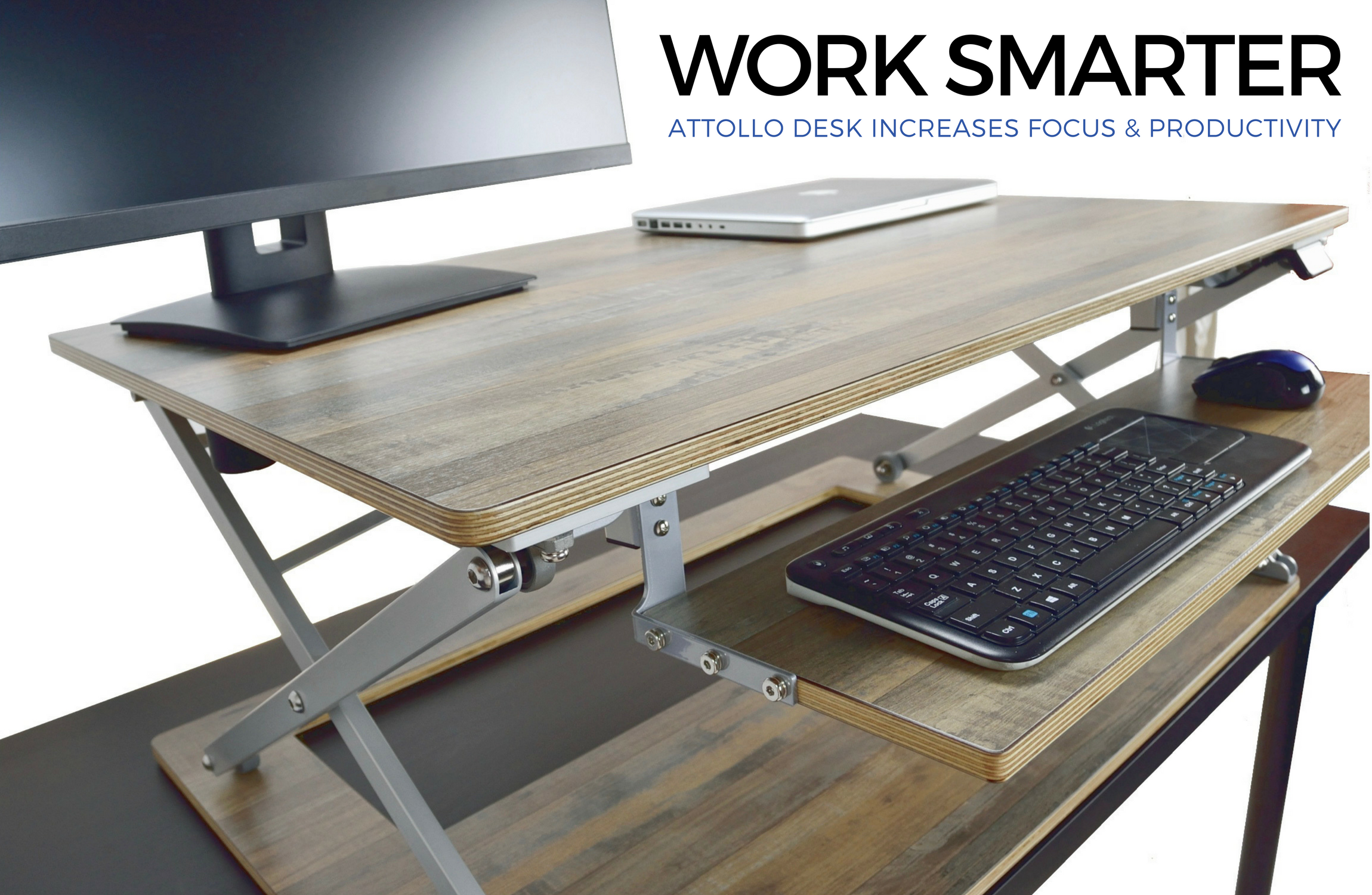At Scoperite, one of our goals for the software is to make life simpler for contractors and public adjusters who choose to use our system. We hope that by making life simpler, it will take some of the stress out of your day, because let’s face it, this industry that we work in, is a high stress one.
Finding ways to deal with stress isn’t hard. Finding ways to deal with stress that work for you is hard. There is so much information available about how to deal with and minimize stress, but deciding which methods are right for you and your job can be confusing. Scoperite employees have all worked in the construction/adjusting industry, and know how difficult it can be to deal with sometimes. In this article, we will dive into some of our employees tried-and-true methods to reduce stress, and hope that maybe one or two of them can end up working for you too!
1) Setting Hours for Yourself
Many construction companies have broad hours that they designate as “business hours.” These are the hours that clients and potential clients see on websites and contact materials, and they can be long; 7AM-7PM, 8AM-6PM, 6AM-8PM, or even 24 Hours A Day. While it is important to be available to your customers when you say you will be, you don’t always need all those hours every day.
If you have the capability to do so, setting your own hours within the designated workday can alleviate the feeling that you are constantly working, and never taking a break. It allows you to create a routine for yourself (that may have to change sometimes) that makes it easier to plan your days, get everything done, and not feel like you are wasting time waiting for the clock to hit closing. In the experience of our employees, setting hours for yourself motivates you to get more done when you are in those hours, rather than letting tasks run on and on because you feel you have to be working for 12 hours each day. Obviously, there are exceptions to this where you might need all 10 or 12 hours, or there is a crisis that requires your attention outside when you normally work, but for the most part setting hours for yourself helps ensure that you get time away from work, and reduce the stress from feeling like you need to be working all the time.
2) Turning Off Your Phone or Letting It Die
Phones and mobile technology have absolutely revolutionized how people work. It has allowed for more mobility, easier communication, and near constant contact with anyone. All that connectivity can be stressful, however, when you are trying to enjoy dinner with your family and the phone just won’t stop ringing. Several Scoperite employees have found that turning their phones off, or even just letting it die, when the business day is over helps to alleviate some of their stress.
When you are getting emails at 9:30 at night, it can be hard to actually turn your mind off, relax, and get a good night’s sleep, so taking away the ability for those emails to reach you for the time being will allow you to be more prepared to deal with them the next morning. More often than not, whatever someone needs, doesn’t need to be done right that moment, and it is healthier and less stressful on you to wait until the next day to deal with it; when you are rested, reset, and ready to deal with whatever needs to be taken care of.
3) Taking A Full Lunch Break
When the days are busy, and you are running from appointment to appointment it can often be easier to just swing through a drive-through, and eat a cheeseburger while you are en route instead of taking a break to actually eat lunch. While it might seem easier to eat as you go so you can get more done and, potentially, be done with work earlier, taking an actual break for lunch can be very beneficial.
Taking an actual break gives you a little bit of time to reset, even if it is just 15 minutes. When you are running and running all day, you wear yourself down, and a normal day can feel overwhelming because you just never stop. Taking a break lets you plan out the rest of your day, prioritize your next few tasks rather than letting them take over. If it’s been a bad morning, it lets you start over with a better afternoon, rather than continuing to run the day down the drain. Taking an actual break for lunch gives your body and mind a moment to relax, to de-stress, and gives you the opportunity to eat something healthier than a fast food cheeseburger as well.
4) Making A List or Using A Planner/Calendar
We know, we know, most people gave up paper planners about 10 years ago, but that doesn’t mean that some sort of planner can’t help you deal with your stress. Whether you have a computer calendar, an email calendar, a paper planner, or even a list on a sticky note, making a list of your tasks for the day can really reduce your stress.
Taking the time, even just 10 minutes, to sit-down each night or before your day starts in the morning to sort out and write down your tasks for the day makes your day more manageable. Having the list saves you from being overwhelmed most of the time; sure there are days where things pop up that have to get added to the list, but having a general idea of what you need to accomplish in just that one day can reduce the amount of stress you feel at work. It can also help on days where you feel like you need to be doing more because there is so much, to look at the list and see all the tasks you have accomplished, and to know that you are doing everything that needs to be done. Plus what is more satisfying than being able to cross off or delete a task once its done!
5) Using Meditation Apps
For several of our employees, meditation apps such as “Headspace” and “Calm” have made a huge difference when it comes to reducing stress. The apps walk you through meditation and relaxing whether you have five minutes or twenty-five. Regardless of whether you do it at lunch, before bed, or when you just need a minute or two to relax, taking the time to clear your mind and reset yourself can help you deal with stressful situations and make you better at handling them when they happen.






